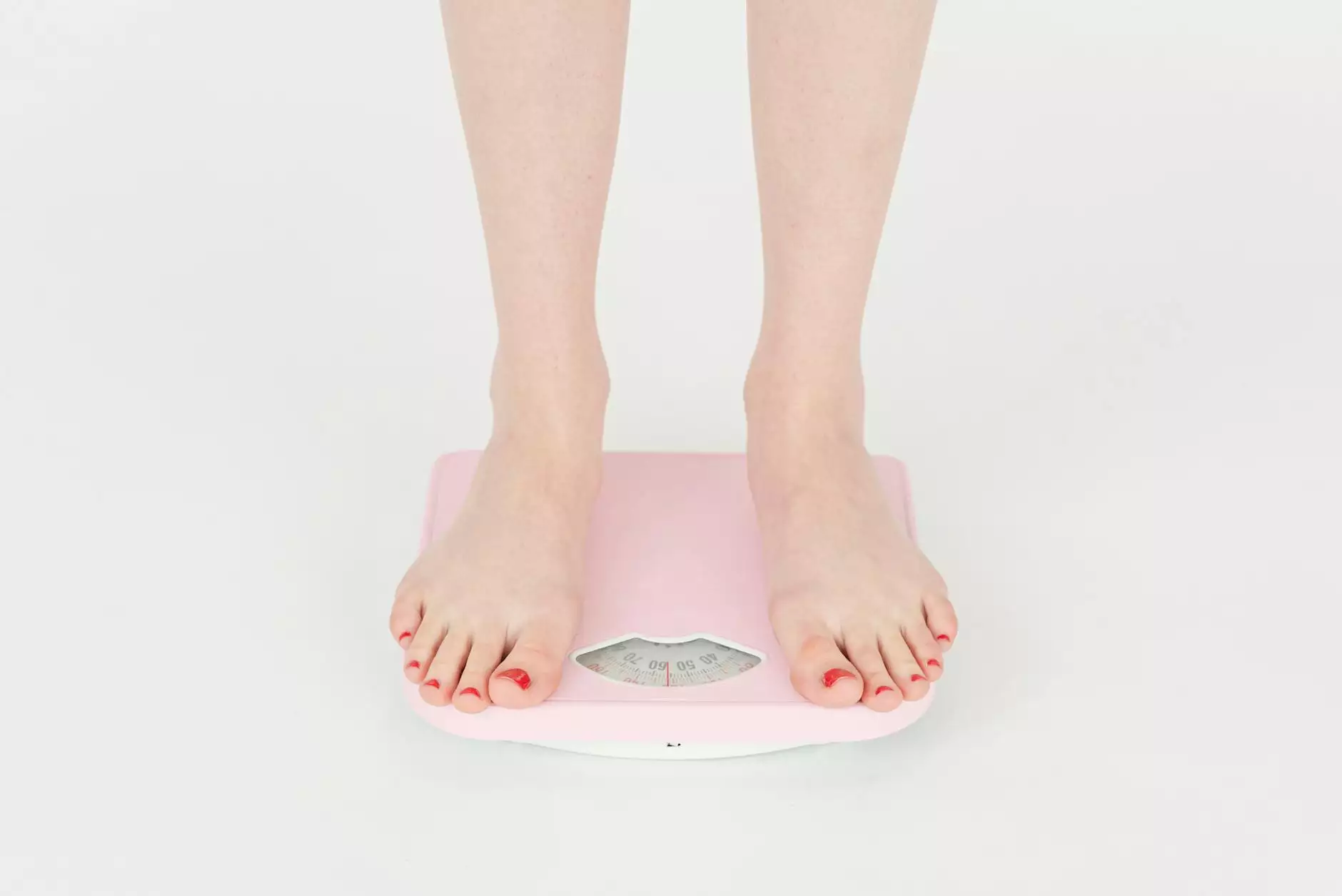The Downsides of Dental Crowns: What You Need to Know

Considering dental crowns as a solution for improving your oral health and aesthetics is a significant decision. While dental crowns offer various benefits, it is equally essential to be aware of their potential disadvantages to make an informed choice regarding your dental care.
1. Durability Concerns
Dental crowns are known for their durability, yet they are not indestructible. Over time, dental crowns can wear down or chip, requiring repair or replacement. Factors such as teeth grinding or biting on hard objects can contribute to the wear and tear of dental crowns.
2. Risk of Complications
Complications associated with dental crowns may arise in some cases. These can include discomfort, sensitivity, or allergic reactions to the materials used in the crowns. It is essential to discuss any concerns with your dentist before proceeding with the dental crown procedure.
3. Cost Considerations
One of the significant disadvantages of dental crowns is their cost. Dental crowns can be pricey, particularly if multiple crowns are needed. Patients should consider the financial implications of dental crown treatment and explore potential insurance coverage or payment plans.
4. Potential for Tooth Sensitivity
Dental crowns may lead to temporary or prolonged tooth sensitivity after the procedure. This sensitivity can be a discomfort for some individuals, impacting their eating and drinking habits. Dentists can provide recommendations to manage tooth sensitivity post dental crown placement.
5. Invasive Procedure
Getting dental crowns involves a process that may require removing a portion of the natural tooth structure to accommodate the crown. While this is necessary for a proper fit, some individuals may prefer more conservative treatment options that preserve more of their natural teeth.
6. Potential for Discomfort During Treatment
The process of receiving a dental crown can cause discomfort or sensitivity during the preparation phase. Dentists typically administer local anesthesia to minimize discomfort, but some patients may still experience mild pain or sensitivity during the procedure.
7. Maintenance Requirements
Dental crowns require regular maintenance to ensure their longevity and functionality. Proper oral hygiene practices, such as brushing and flossing regularly, are essential to prevent decay or damage to the crown. Routine dental check-ups are also necessary to monitor the condition of the crown.
Conclusion
While dental crowns offer numerous benefits, it is crucial to understand the potential disadvantages associated with this dental procedure. By being informed about the risks and challenges of dental crowns, individuals can make well-informed decisions regarding their oral health and treatment options.
Consulting with a qualified dental professional can provide personalized insights and recommendations based on your specific dental needs and preferences. Understanding both the advantages and disadvantages of dental crowns is key to achieving optimal oral health and a confident smile.









